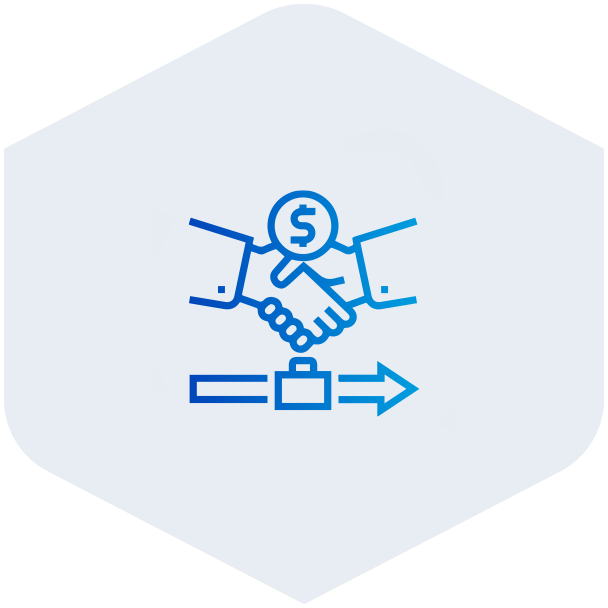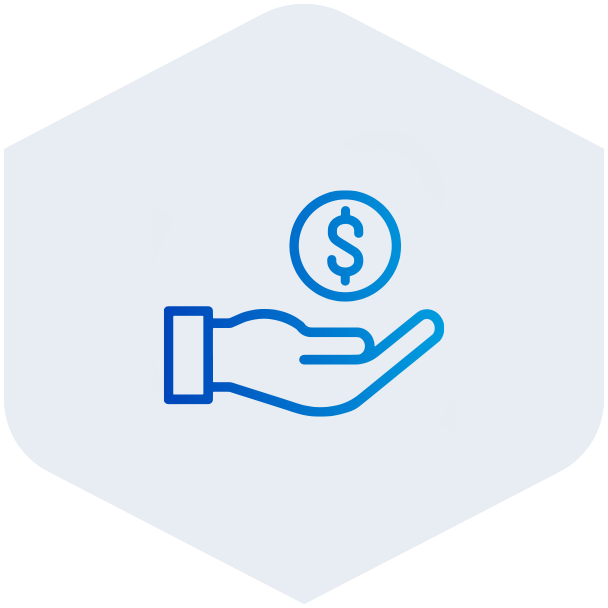Embarking on a career as a travel healthcare professional presents a wealth of opportunities, from exploring new places to gaining diverse clinical experiences. However, this mobile lifestyle requires astute financial management to ensure stability and maximize your earnings. Here are some essential strategies for managing your finances and budgeting effectively during your assignments.

Understanding Your Pay Package
Key Components:
- Base Salary: This is your guaranteed income for hours worked. Ensure you are clear about your hourly rate and the expected number of hours.
- Stipends: Non-taxable allowances for housing, meals, and incidentals are crucial for managing living expenses. These vary by location and assignment.
- Bonuses: Completion and referral bonuses can significantly enhance your income, so be aware of any conditions tied to these incentives.
Advice: Carefully review your contract to understand each component of your compensation package and any conditions that apply.

Budgeting Basics
Create a Detailed Budget: A well-structured budget is the cornerstone of financial stability. Begin by listing all sources of income, including your base salary and stipends. Categorize your expenses into:
- Fixed Expenses: These include rent, utilities, car payments, and insurance.
- Variable Expenses: Account for groceries, dining out, entertainment, and fuel.
- Savings and Investments: Allocate funds for an emergency fund, retirement accounts, and other financial goals.
Tracking Tools: Leverage budgeting apps like Monarch Money, Empower (previously Personal Capital) or YNAB (You Need a Budget) to monitor your income and expenses. These tools offer real-time updates and help you maintain financial discipline. Here is a comprehensive list of tracking tools.

Managing Housing Costs
Maximizing Housing Stipends: Optimize your housing stipend by seeking affordable living arrangements. Consider these options:
- Short-term Rentals: Platforms like Airbnb, Vrbo, and Furnished Finder provide short-term rental solutions ideal for travel healthcare professionals. See the full list of Housing Resources on our website.
- Corporate Housing: Some agencies offer corporate housing, which simplifies logistics but may be costlier than finding independent housing.
- Roommates: Sharing accommodations with fellow travel nurses or healthcare professionals can substantially reduce housing costs.
Advice: Negotiate lease terms, especially if there’s a possibility your assignment could be extended or shortened.

Saving on Daily Expenses
- Meal Planning: Frequent dining out can quickly strain your budget. Plan and prepare your meals to save money. Utilize apps like Innit, Mealime, EatThisMuch, or Yummly for meal planning and grocery shopping.
- Transportation: Assess the most cost-effective transportation options. In cities with robust public transit systems, you might not need a car. Alternatively, carpooling with colleagues or using rideshare services can save money.

Tax Considerations
- Non-Taxable Stipends: Stipends for housing, meals, and incidentals are generally non-taxable, but it’s important to understand the specific rules and limits. Maintain detailed records of your expenses to ensure compliance with IRS guidelines.
- State Taxes: Working in multiple states can complicate your tax situation due to varying state tax rates. Consult with a tax professional who specializes in multi-state taxation to optimize your tax return and avoid unexpected liabilities.

Building an Emergency Fund
- Importance of an Emergency Fund: An emergency fund is essential for covering unexpected expenses or periods between assignments. Aim to save three to six months’ worth of living expenses.
- Automate Savings: Set up automatic transfers from your checking account to your savings account to ensure consistent saving without manual intervention.

Maximizing Retirement Savings
- 401(k) Plans: If your staffing agency offers a 401(k) plan, participate fully, especially if there’s a matching contribution. This match is essentially free money towards your retirement.
- IRAs: Consider opening an Individual Retirement Account (IRA) for more control over your retirement savings. Both Traditional and Roth IRAs offer different tax advantages that may align with your financial strategy.
By applying these financial management strategies, you can enjoy the benefits of being a travel healthcare professional without the stress of financial uncertainty. Stay informed, use available financial tools, and plan proactively to make the most of your assignments. Safe travels and smart budgeting!